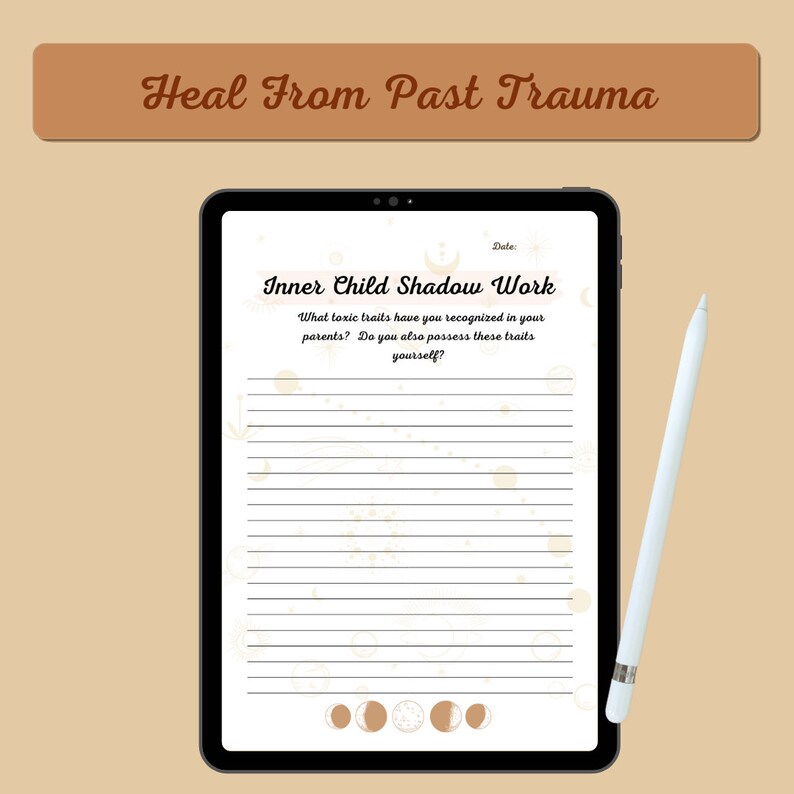
Use your imagination! Try these visual journal ideas: You can do it with paper, glue and scissors, or you can also find apps online these days. Find images that reflect your intention and make a collage with them.

Click here for details and to join.Īs a variation, create a vision board that reflects your state of mind or one that you’d like to invite.
INNER WORK JOURNAL PROMPTS FREE
Like this practice? Join me weekly for a FREE live journaling group meet-up, online. What does my inner critic say? Respond to it in dialogue. I know when I’m feeling good because when I feel good I …. If I could say one thing to _ I would tell them… You can use the journaling prompts below to get you started.Ģ0 Journaling Prompts For Working With Emotions: Done with intention, freewriting can definitely be considered an awareness practice and lead you to increased creativity.Īsk specific questions when you have choices to make and are uncertain about a situation. Incorporate this practice into your daily routine to keep creative juices flowing and encourage a more conscious approach to life. Ask open ended questions like, “How am I getting in my own way?” or “what prevents me from feeling emotional balance?” and see what comes out. Identify habitual patterns, asking for clarity on why certain unhealthy habits arise in you. It's a great tool for working with emotions. Use freewriting to “clear the decks” of your mind, downloading after you’ve had an argument, for example, or when you need clarity about which direction to take. You can use journaling practice in different ways: Perhaps most important: do not share this! You will write more freely and honestly if you know this is FOR YOUR EYES ONLY! The thinking mind will try to edit strange ideas and sabotage your subconscious, which is where all the juicy stuff is. If you lose your train of thought or don’t know what to write next, then write, “I don’t know what to write and I bla bla bla….” Eventually something will come and you’ll get back in the flow. Let anything come out, even if it is gibberish, or horrifying! Remember: no judgement. Write without stopping or lifting your pen from the page – either for a fixed period of time-15 minutes is a good place to start- or a certain number of pages.ĭon’t censor or edit while you write. Write by hand, with pen and paper, NOT on the computer. There are 4 guidelines for freewriting practice:

Freewriting provides clarity when working with emotions and direction for you to make life choices. Journaling is like the perfect therapist: always available, never judgmental and -apart from a journal and a pen-virtually free. It’s an excellent tool to identify things in the psyche that might go under the radar of our daily awareness. What Is Freewriting?įreewriting is essentially stream of consciousness writing with an intention.


So here I share with you a few journaling prompts for mental health. Over the years I have developed the practice of freewriting and shared it with students who also seem to benefit. Writing prompts for therapy might sound like a far-fetched idea, but I have experienced first-hand the powerful effects of letting out your thoughts and emotions on the page. My parents divorced when I was 11, and later that year I received a journal for Christmas. I often think that writing saved my life. **(This post first appeared on the blog of New Life Foundation, a mindfulness-based recovery center in northern Thailand, where I have worked intermittently since 2012, helping people find creative ways to establish emotional balance by working with emotions.) 20 Journaling Prompts For Mental Health + Emotional Balance


 0 kommentar(er)
0 kommentar(er)
